The Secret of Funny Hill
By Laura Clements
Hooves thunder down the final stretch, each equine carrying not just its jockey, but the hopes of many a punter. You can feel the crowd push on the fence, drawn to the track like a magnet. Tickets in hand, waving them like a talisman, willing their runners home. Some stand back, a bit higher, craning to get a better view. And there’s also a few who could care less, wandering (or stumbling around), only just realising it’s too late to put a bet on. There’s a tussle on the track, you can hear the anticipation in the announcer’s voice. They hit the post – winners whoop, losers lament.
This is the time-old tradition of a day out at the races. But this isn’t Flemington, Randwick, Caulfield or even Canberra. This is the premier race on a property at Funny Hill, Binda one Saturday in March. The Binda Picnics. This event is just one of many country race meets in New South Wales. A country race meet is any meet held outside of the Sydney metropolitan and provincial clubs (Gosford, Hawkesbury, Kembla Grange, Newcastle and Wyong). Binda is a small village that boasts a shop, post office, a Catholic and Anglican church, a small school and a memorial hall. It’s surrounded by undulating sheep and cattle grazing country. The Binda Store is more like the local pub, with patrons sitting on verandah each evening to catch up and watch the football. Binda is fifteen minutes’ drive from Crookwell.
Crookwell is a small town with a population of about 2000, located an hour and half’s drive from Canberra and about two hours west of Sydney. It’s a popular destination for weekend travellers, keen to escape the hustle and bustle of city life with a jaunt to the country. The main street stretches over only two blocks and has the essentials, chemist, several hairdressers, supermarket, along with a few boutique shops and cafes. For the locals Saturdays especially have become confusing times, walking into a street full of strangers. Seeing people and having no idea about their job, who their parents or siblings are, who they’ve previously dated, who they’re dating now and roughly where in town they live. This is a place where everybody pretty much knows everybody. A nightmare for teenagers trying to have a bit of fun, for nothing stays sacred here long. Knowing everyone means knowing everyone’s business too. These areas are where I grew up.
Back at the races, the jockey reaches the mounting yard on the winning steed. Two Noughty was too good for the field of four this year, winning the Funny Hill Cup. The mare is unsaddled, her black coat glistening through a lather of sweat. This year’s race meet is unseasonably warm. Instead of a pleasant autumn day, punters are suffering through dry heat of 30 degrees. A committee member walks to the edge of the ring, where the race results are displayed. The board is old but the pulley system attached still works. With a bit of muscle she pulls it down and places the race runners in finishing order. These rituals have been time-honoured for decades, just like bigger events such as the Melbourne Cup. The Crookwell District Picnic Race Club was first formed in 1935, with three race meets being held on Funny Hill before the Second World War broke out in 1939. The property is owned by the Carr family who graze sheep and cattle. The race track another five minutes down the road from Binda and has been used on and off since 1884, making it one of the oldest country racetracks in New South Wales.
Ashley Gilbert, race club committee member and race judge, on the day has hardly missed a meet since age ten. He’s a larger than life fellow, never seen at the races without his Akubra hat, someone you hear before you see, unmissable with his warm booming voice. I’ve known Ash all my life, he grew up with my father and he greets me with a big g’day, hug and kiss. A day at the Binda Picnics he says, is like going back in time. “It seems to be old school, seeing friends, having a few drinks, it’s a really good social and community event.” He remembers coming to the races as a kid, when the meet was held on a Friday. “I used to catch the bus past here on the way back from school and Mum would come pick me up at the gate and bring me to the races. I just remembered what a festivity it was, of local people.”
Ashley’s family and racing are synonymous in the community. His wife and three daughters are regular participants in fashions on field and his father, Ronnie, trained what Ashley calls “glorified stock horses” to run in races from the ’50’s. His father and my grandfather, Leo both trained horses for the picnics in their heyday and were great mates themselves.
This day at the races, like Ashely describes, is one that I’ve heard about from my Pop since I was young. “It was about this time fifty years ago I was getting ready myself,” he says as I show off my races outfit to him. As a young man Pop trained horses to race at Binda and other places. He was and still is a passionate horseman, saying he must have been born with “horse poo on the brain.”
The day that Pop remembers, I think he counts as one of the best of his life. He had been preparing for the Picnics for a while, he knew his horse was in with a solid chance. He wasn’t competing for the Funny Hill Cup, but rather the Maiden Plate for first time runners. He had been up to the stables that morning to give his horse a special chaff combination. He gave few instructions to the jockey, “there wasn’t much for him to do, the horse would do the rest.” He explains the race, starting well and running steady, but as Pop tells me of the field coming around the turn, his eyes well up. “They came down the straight and…” he tails off, barely able to say that his charge, Loyal Edition, won. Once he composes himself, Pop proudly states it was in that race he beat the future head of the Australian Jockey Club. This most important day in my Pop’s personal history comes flooding back one day in March each year.
Walking around the races you can sense the history, that you’re part of a great local tradition. As I chat to friends and acquaintances, you can feel that this experience is unique. The feel of the Crookwell community is transported out to Funny Hill. As a local myself, it is hard to explain to an outsider, a completely different experience to a day at the races in Canberra or Sydney. At bigger meets, you go with your own group of friends and stick with them. But here at Funny Hill, most of the people you know are there, a concept some city people may find hard to comprehend. I don’t mean the people that you know in great detail, but say the friend of a friend. A friend’s brother, mother and their sister, and their friends. Someone who used to ride the same bus, the owner of the local newsagent, who is also your friend’s father, who’s sharing a tent with your uncle. You’re surrounded by friendly faces. The bar reports no trouble and the police stroll around relaxed, saying hello.
I ask those around me, what is it about the Binda Picnic Races that is so special? Why is this the one community event you can’t afford to miss? Overwhelmingly everyone says, “it’s the atmosphere.” Thinking about it, this answer has me baffled. How can you explain the atmosphere of something so inherent to the locals?
Atmosphere is defined as “the pervading tone or mood of a situation.” I like to think of it as the vibe of a place. Maybe it is as Ashley explains, the timelessness of the event. There’s no phone service out there. People plan to meet “by the tree” or the betting ring, at a certain time, you know, the old fashioned way. There are portaloos and drop dunnys, which can prove to be a hazard. The tale of a woman who dropped her handbag down the toilet is well known. It was retrieved in the end, but may have been better left.
There’s no electronic TAB machine, only nine bookmakers who change their odds by hand. Twisting the reams of paper up or down $3.20, $3.10. Some have electronic odds and print off betting slips, but this is as technical as it gets. There are still a couple who scrawl some indeterminate lines on their bet slips. One bookie trying to drum up some business might increase their odds by ten or twenty cents. Punters haggle with the others yet to change their price. “C’mon mate, he’s offering $4.10, be reasonable. Put it up to that and I’ll have $100,” one punter is overheard saying. There’s a feeling of excitement and anticipation in the betting ring.
Brothers Brent and Jamie Storrier have been coming to the races for years. Betting is after the fact for them, the main thing attraction being social. “Any excuse to dress nice, drink beer and throw money around,” says Brent. Jamie likes the feeling of being a “high roller, even if you aren’t.” We back the same horse in the last race, double or nothing, on the nose. Sergeant Bilko runs second to Two Noughty.
Throughout the day, people go tent hopping, another unique characteristic of the picnic races. There are small gazebos, mini marquees or larger canvas tents. Inside each is a small party, together creating a congregation of sorts. Some setups are pretty basic, no chairs, just eskies and a place to meet. Most people bring their own grog, but there is a bar onsite. Mick Cummins, one of the barmen says it’s the meeting point for most blokes. “They leave the women in the tents and come down and have a beer.”
In our tent there are several eskies, chairs around the tent and table at the end, with our lunchtime feast laid out. Like us, most people bring chicken, salads and rolls. Others have nibbles, one this year even has cakes, and 18th birthday party celebration. Another is a post wedding party, one a hockey group, a buck’s party. The regulars whose tent spots haven’t changed in thirty years. Even the ‘out-of-towners’ blend in with the locals.
Going from tent to tent the fashions are assessed. The rules of racing fashion don’t really apply here. Traditionally, autumn racing requires felt, no midriffs or short skirts, closed toed shoes. There are two-piece ensembles, classic dresses and fascinators, floppy hats, even trousers and playsuits. There are outfits of every colour, pattern and length. Fashions on the field is hotly contested each year. Many girls keenly anticipate receiving the hallowed golden ticket. One is heard to say, “I thought I looked really good this year, I’ve been waiting four years and still haven’t been asked!” The results of the fashions can be a conversation piece for a week afterwards. The winner of the Young Lady category sports a swirled turquoise fascinator with fitted dress, matching turquoise and silver pattern with capped sleeves, blacked pointed shoes and black leather gloves. The Mature Lady winner is a popular choice, wearing a silver lace dress with three quarter sleeves and wide brimmed silver hat.
Most people have had an outfit ready for ages, with races being cancelled last year. Committee member Ken McCallum explains that in 2015 the track was deemed to be unsafe by Racing NSW due to lack of turf coverage. The committee spent $30,000 upgrading the track. Secretary of the race club, Dianne Layden said that it is estimated the cancellation of the races lead to a collective $200,000 loss to businesses within the community. It’s also a major fundraising event for those providing the barbecue, like Crookwell Public School. The races are something which the community not only looks forward to each year, but needs to survive, financially and socially.
At the end of the day, once the drunks have cleared out, the tents are pulled down and the horse floats trundle on the road back home, I think the mysterious and alluring atmosphere of the Binda Picnics becomes easier to pinpoint. 364 days of year, it’s just a paddock. Cattle chewing their cud, scratching around where the festivities take place. Just another farm in the Southern Tablelands of NSW, patiently waiting for that one day in March to come alive.
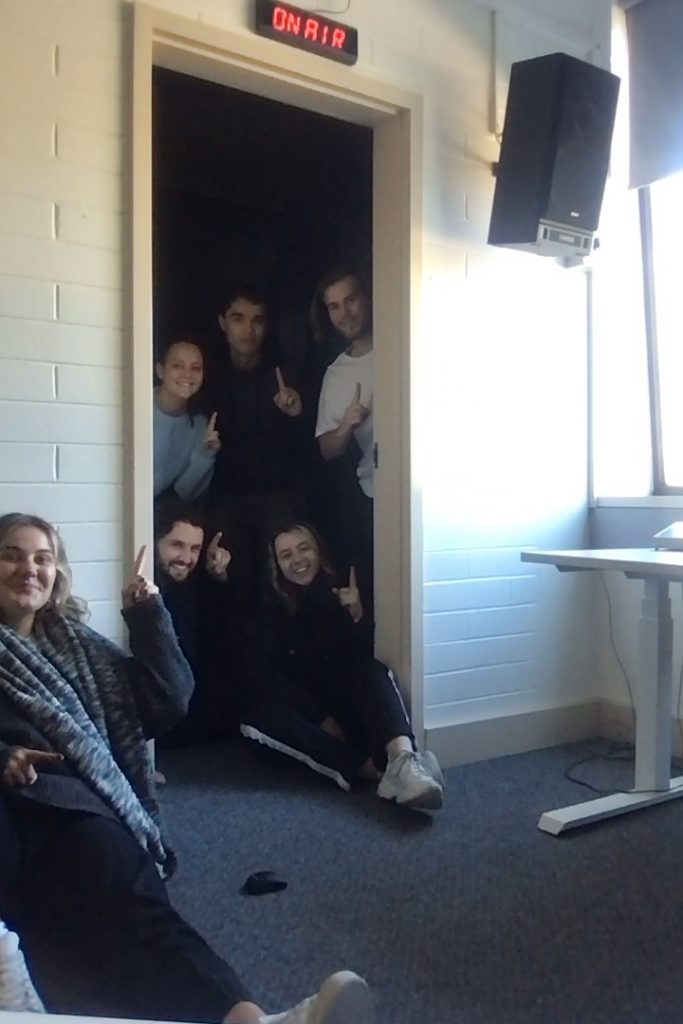
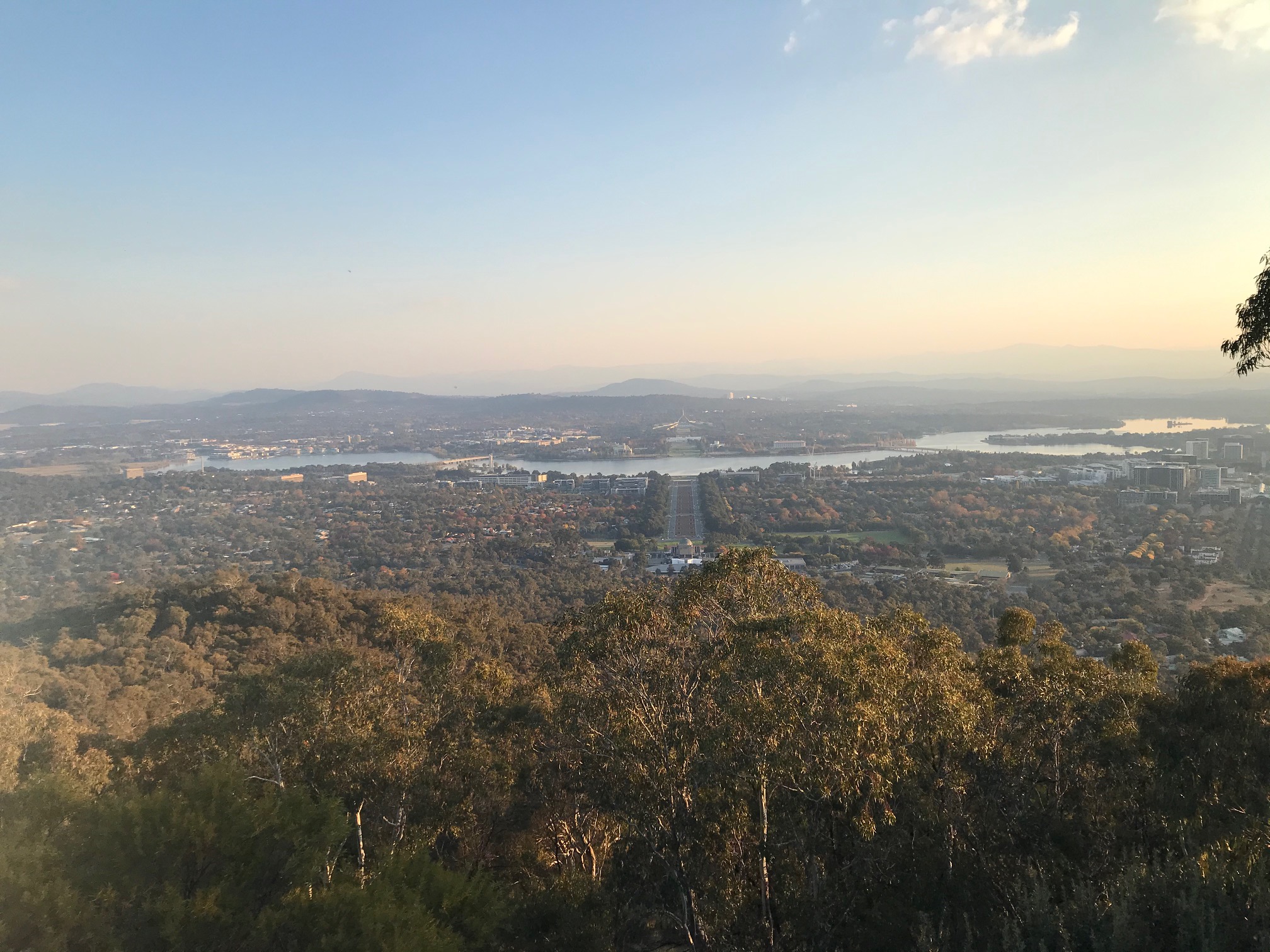
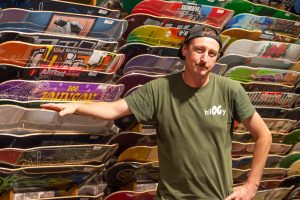
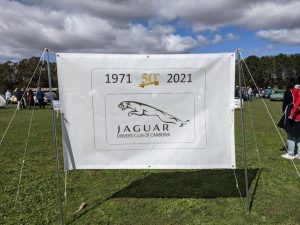
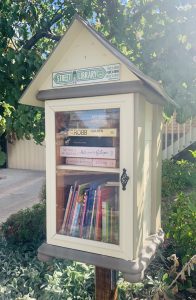
Be the first to comment!